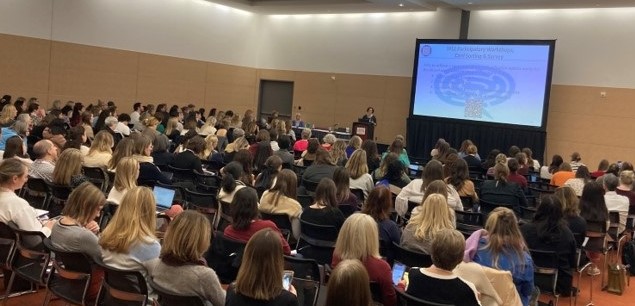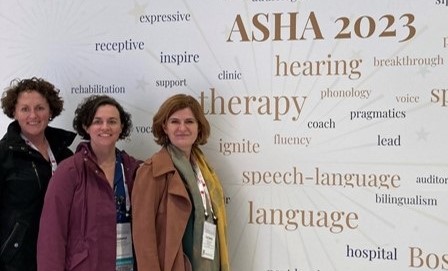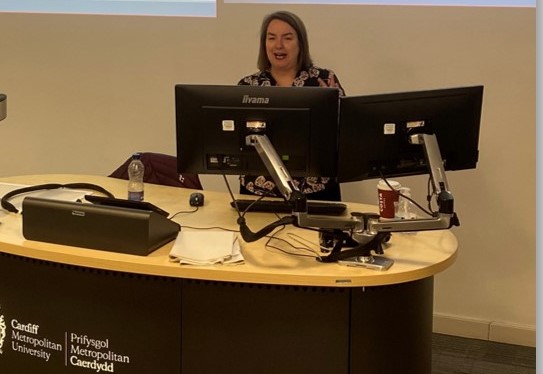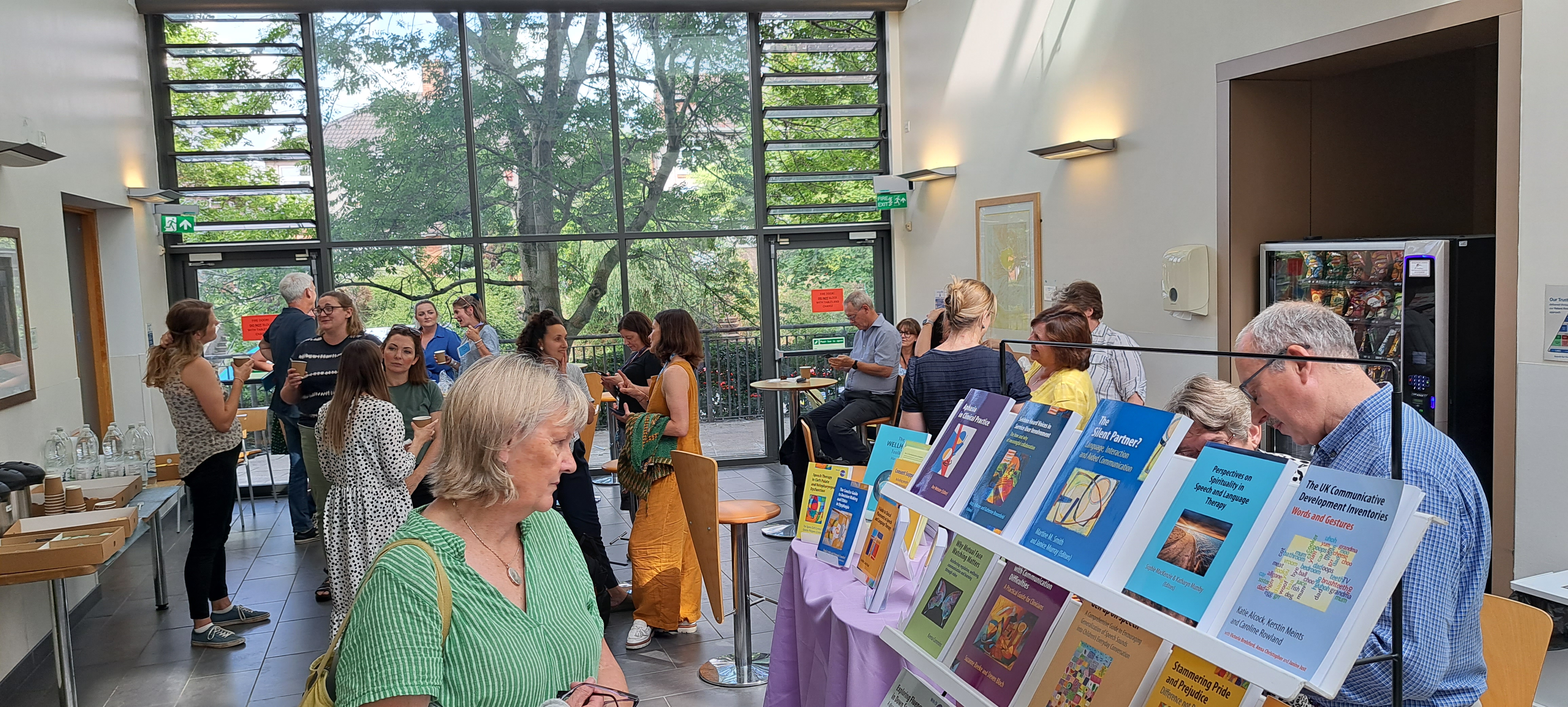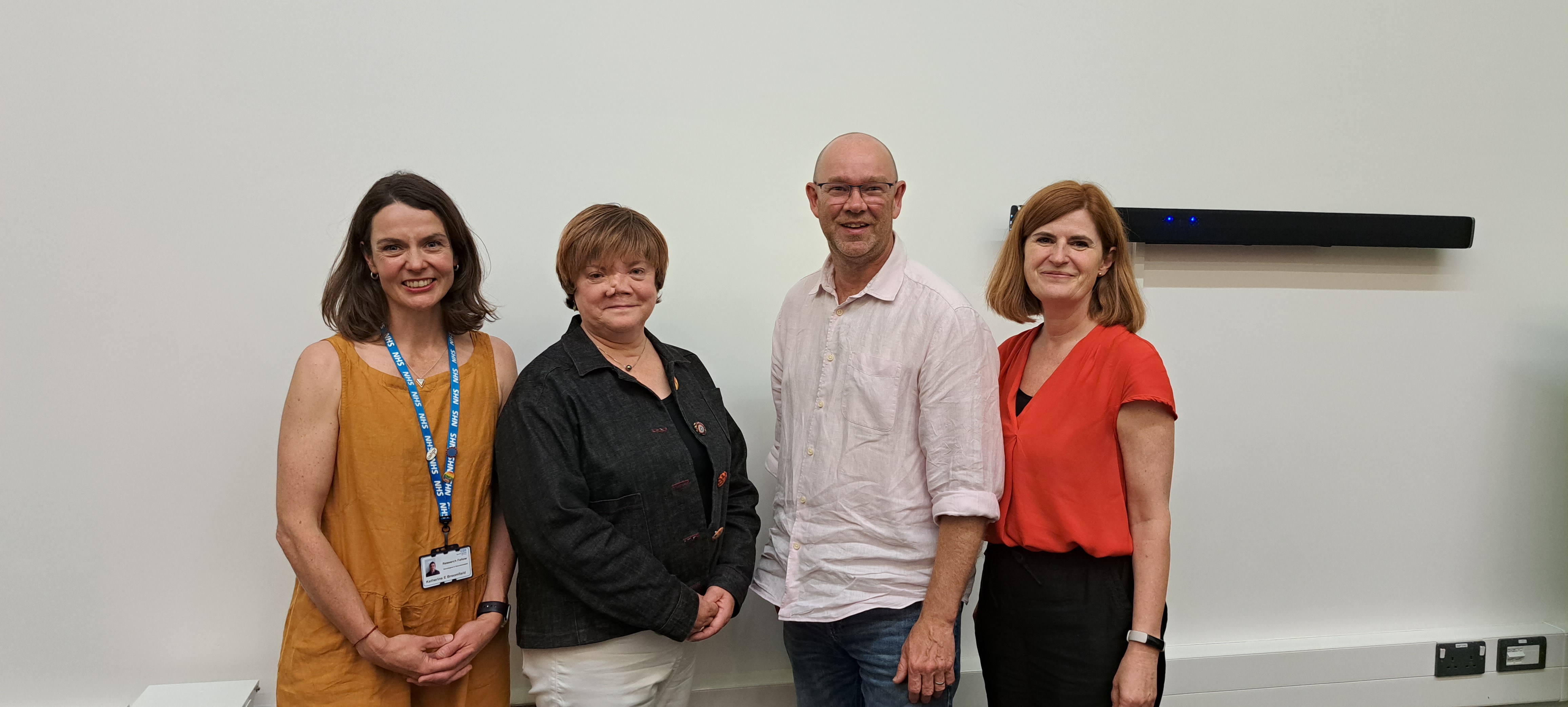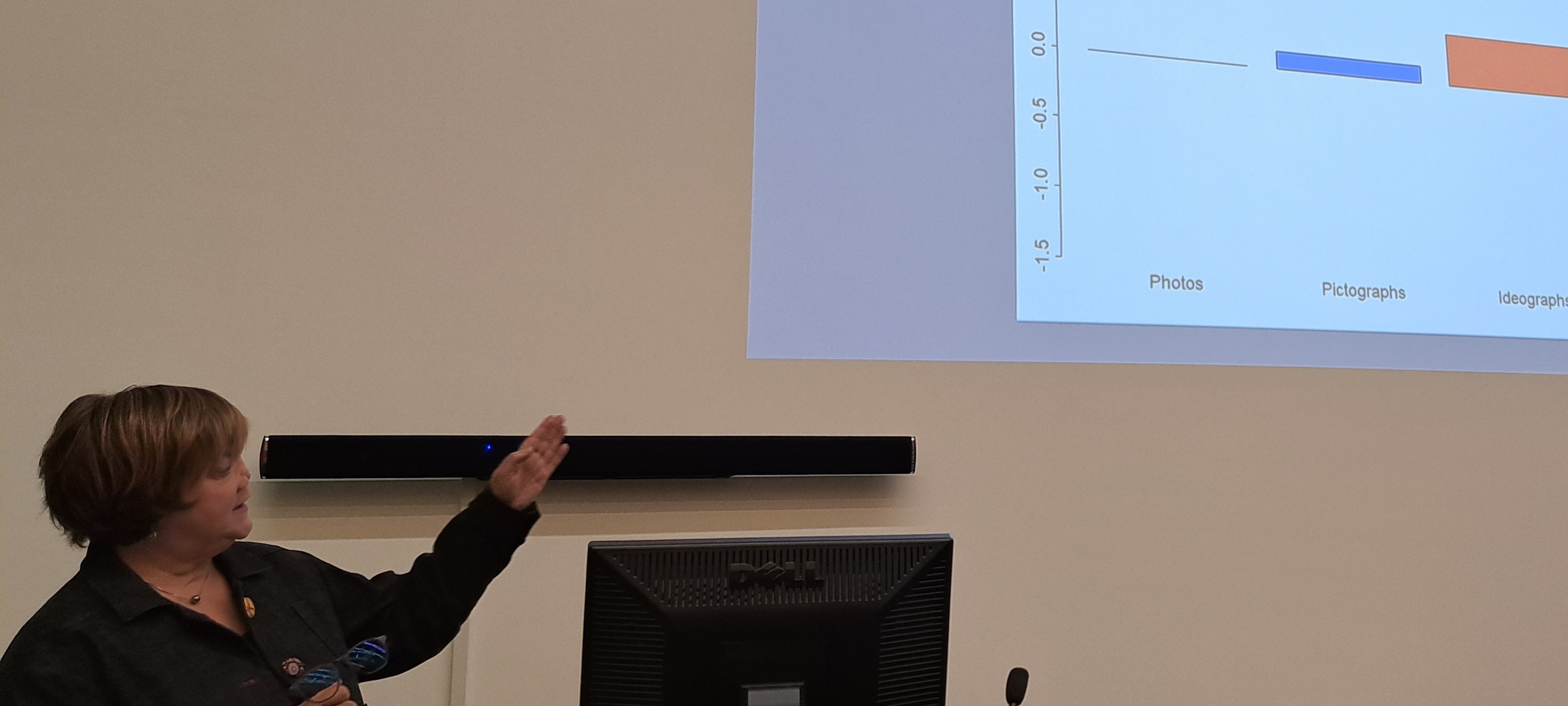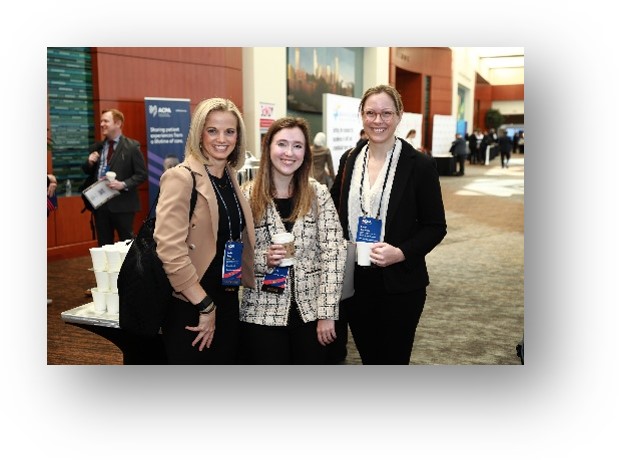Grant successes!
Projects for the Welsh Government
Dr Yvonne Wren, and Dr Sam Harding, together with Cardiff Metropolitan University and the University of Portsmouth are co-authors of a number of winning bids for the for the Welsh Government, including a £1.5 million project as part of the All Wales Speech, Language and Communication (SLC) Identification, Intervention and Evaluation Package.
Dr Yvonne Wren, and Dr Sam Harding together with Cardiff Metropolitan University are also authors of a winning bid with the Welsh Government to undertake a scoping review of technology used in the surveillance of children’s early speech, language and communication development.
Dr Yvonne Wren, and Kath Broomfield, together with colleagues from Cardiff Metropolitan University, are successful authors of a £29,625 bid to the Stroke Association to explore access to speech and language therapy for Welsh-speaking survivors of stroke
Dr Lucy Southby was successful in her application for funding to the charity CLEFT-Bridging the gap!
Congratulations!
Invited to present!
NIHR-funded MISLToe_SSD Study featured at the HEE AHP Research Strategy Celebration Event
We are delighted to have been invited to present our work on the MISLToe_SSD study, led by Dr Yvonne Wren, at the HEE CAHPR AHP Research Strategy celebration event on 25th January.
The team's poster will be showcased among other invited presentations from inspiring, research-active AHPs across the UK.
Current studies & project collaborations
Dr Lydia Morgan, PI and Research Associate for Chin Tuck Against Resistance with Feedback: Swallowing Rehabilitation in Frail Older People (CTAR-SwiFt) - A feasibility study a Research for Patient Benefit.
This is a feasibility randomized, controlled study of two types of rehabilitation exercises using Chin Tuck against resistance to improve swallowing, eating and drinking, funded by the NIHR. BSLTRU are working with the main study site (Lewisham and Greenwich NHS Trust) to recruit patients with pneumonia to this study
Katherine Broomfield is supporting the project Softly non-spoken: soft robotics as non-verbal communication aids by providing expertise in AAC and co-design with people who have communication difficulties.
This project is concerned with exploring whether soft robotics can be used as augmentative and alternative communication (AAC) to support non-verbal communication. It has been carried out as a collaboration between partners at University of Bristol, the Bristol Robotics Lab, BSLTRU and Air Giants (an industry partner).
Celebrating success
Huge congratulations for our colleague Dr Sam Burr, who was awarded her PhD in November 2022!
Coming soon from BSLTRU
BSLTRU Summer Guest Lecture by Professor Janice Murray, Manchester Metropolitan University:
“Clinical decision processes in augmentative and alternative communication: unpicking the elements that influence recommendations”
Follow us on Twitter to hear details about this when it becomes available.
If you would like to be added/removed from our newsletter list, please contact:
Domnika.Kruszynska@nbt.nhs.uk
Tel: 0117 41 43951
Web: http://www.speech-therapy.org.uk
Email: info@speech-therapy.org.uk

